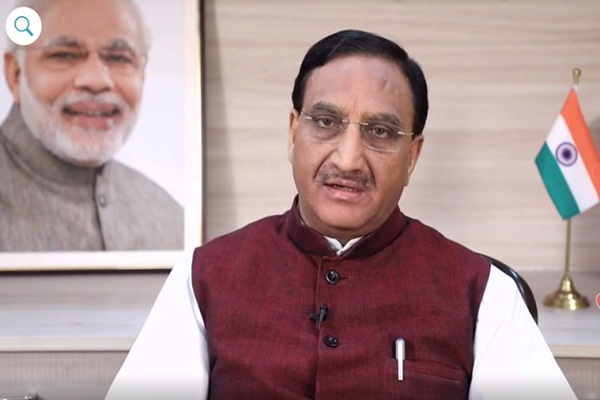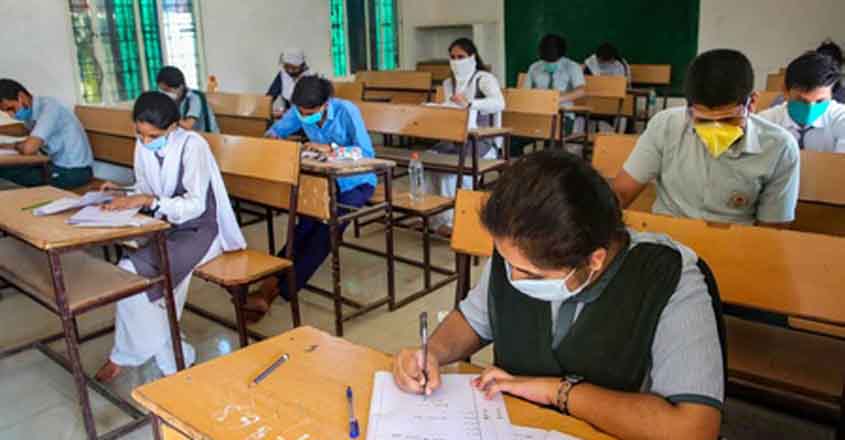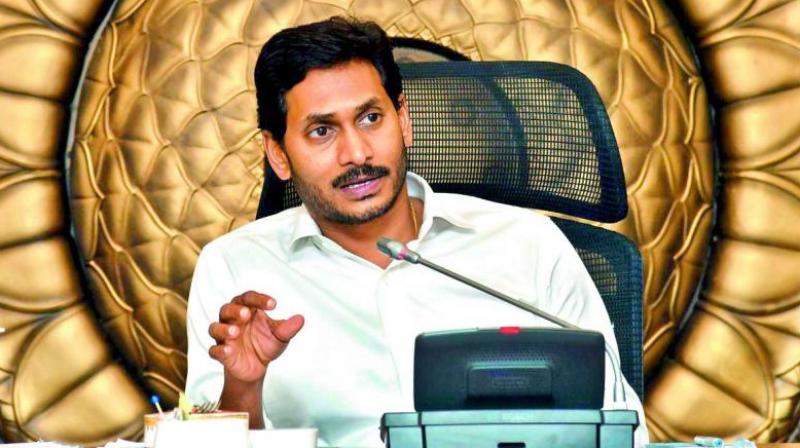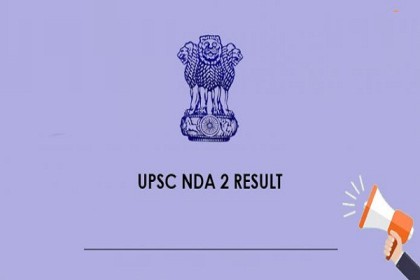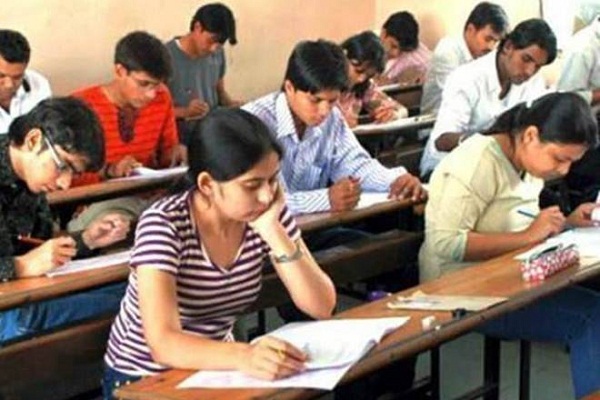Union Minister for Education, Ramesh Pokhriyal Nishank said under the National Education Policy (NEP), a new National Curriculum Framework for Teacher Education (NCFTE) will be created.
The new and comprehensive NCFTE will be formulated by the National Council for Teacher Education (NCTE) in consultation with the National Council of Educational Research and Training (NCERT).
The minister had also said that the government is taking multiple initiatives and actions for implementation of National Education Policy (NEP) 2020.
“The NEP 2020 has been finalised after a detailed consultation process with all stakeholders including state/UT Governments. As per NEP 2020, implementation of the policy requires multiple initiatives and actions, which will have to be taken by multiple bodies in a synchronized and systematic manner,” Pokhriyal said in a written reply in the Lok Sabha today.
“Accordingly, this Ministry has communicated to all States/UT Governments for implementation of NEP 2020 in letter and spirit. Ministry of Education is also organising ‘ShikshakParv’ from September 8 to September 25, 2020, to deliberate on various themes and implementation of NEP 2020 aimed at eliciting suggestions,” he said.
Also read: Pokhriyal: NEET 2020 saw 90 pc attendance of students
The major reforms in school education brought by NEP 2020 include focus of Early Childhood Care Education (ECCE), national mission to focus on basic literacy and basic numeracy, no rigid separation between arts and sciences streams and removal of separation between vocational and academic and curricular and extra-curricular.









